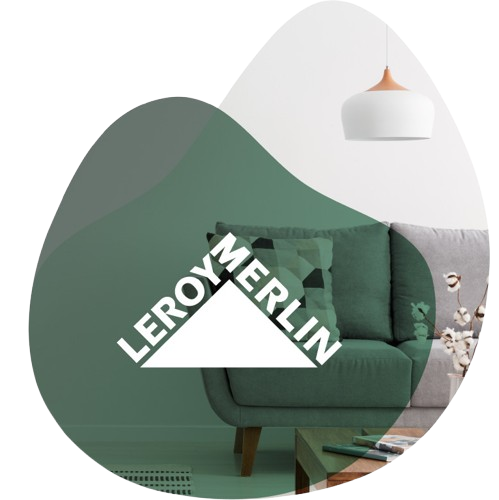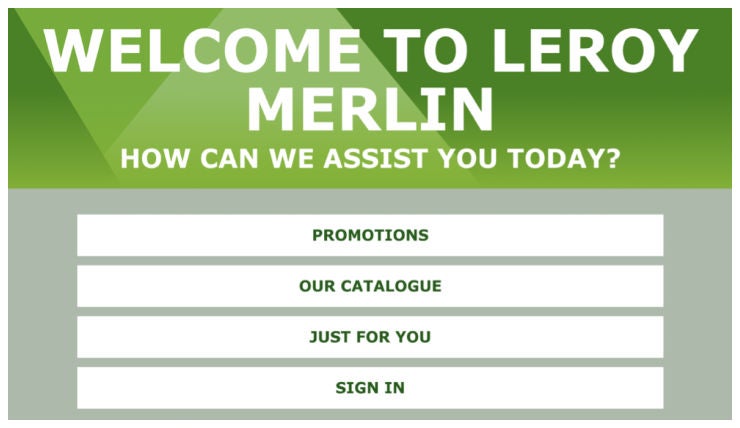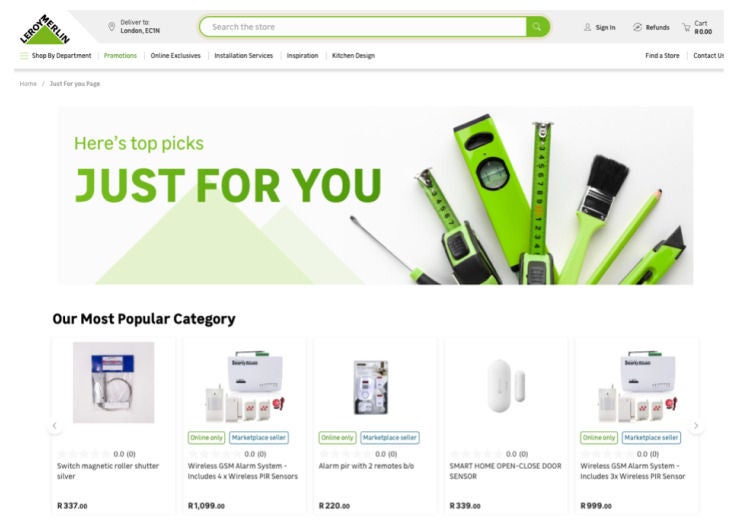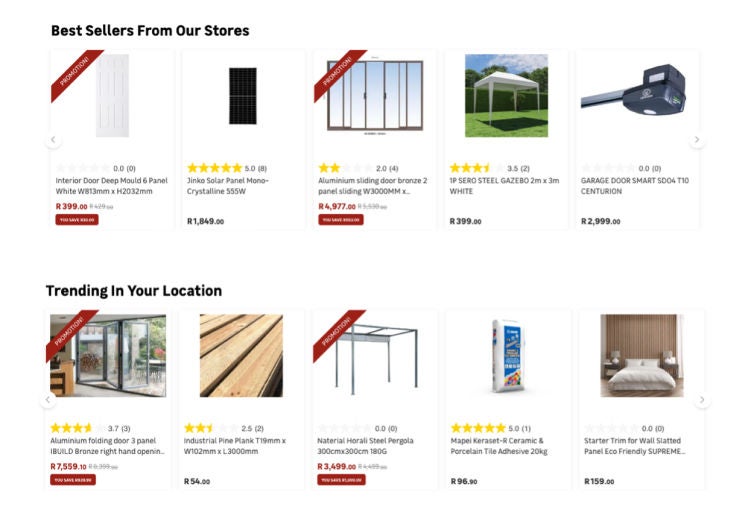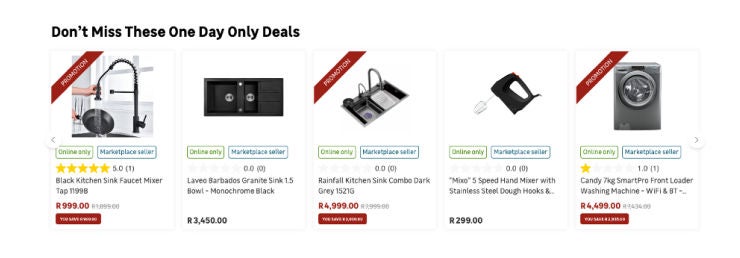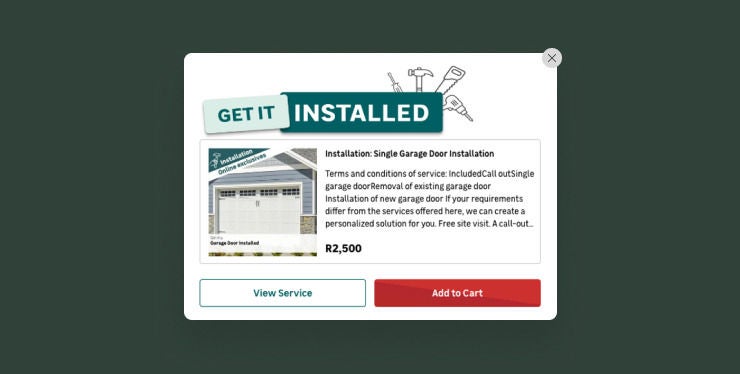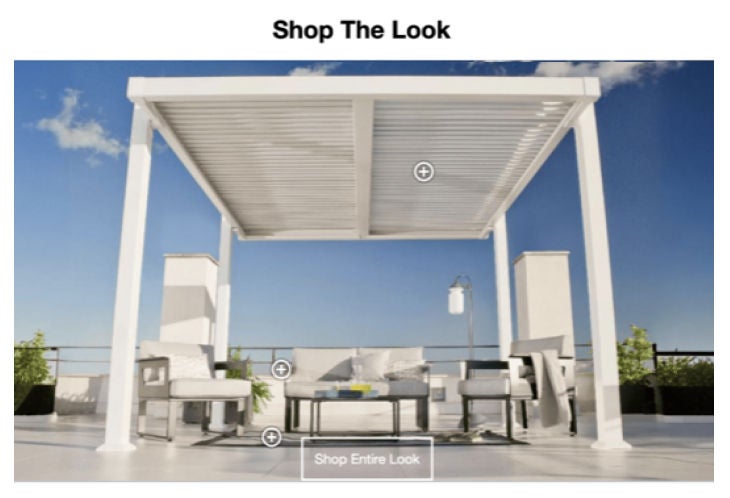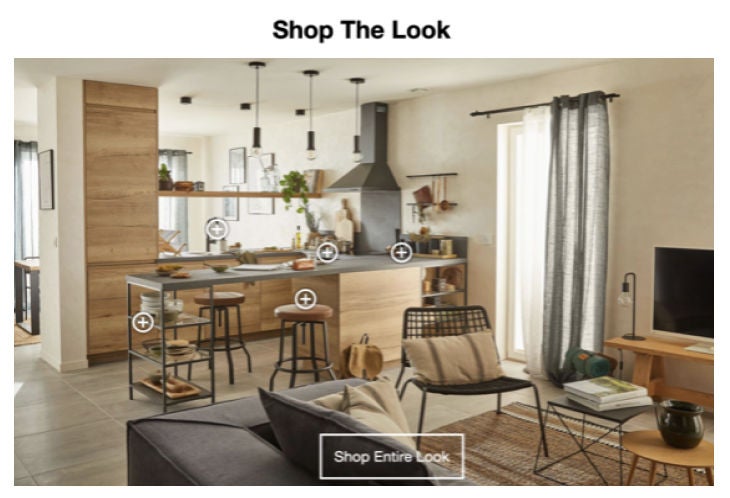Leroy Merlin is a large international business, but its tried and tested e-commerce strategies were not working effectively in a new market. Leroy Merlin South Africa was challenged with raising brand credibility and trust in the Leroy Merlin product offering amongst the local audience. Using Dynamic Yield’s AdaptML deep learning system, they converted low-intent first-time visitors into satisfied customers.
For you
Find a card
Ways to pay
Protecting you
Experience Mastercard
For business
Explore solutions
Explore by industry segment
For the world
Making an impact
Empowering people
Pathways to prosperity
Preserving the planet
About Mastercard
For innovators
Build with us
Partner with us
Explore with us
Engage with us
News and trends
Newsroom
Featured topics
Insights & reports
Press resources
Investor relations
